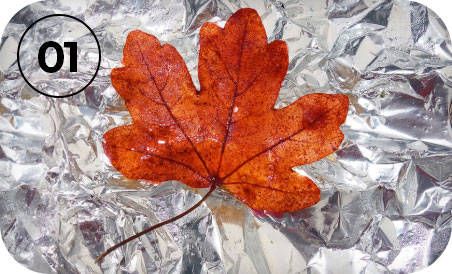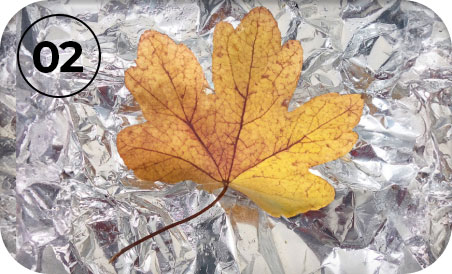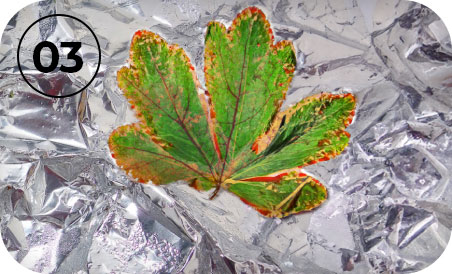OUR VISION


Cyclamen wants to continue to pioneer a greener and more promising future for the metal industry.
By the end of the 21st century, raw materials obtained from recycling will be predominant in our industries.
To meet the challenges in terms of quality and volume, processing technologies are becoming increasingly sophisticated, integrating the automation of sorting, the recognition of materials and the refinement of substances.
Regulatory developments, the harmonisation of laws, the coordination of players and their integration are creating economically viable conditions that favour the development of truly organised value chains and the implementation of ambitious industrial strategies for the professions of tomorrow.
Looking ahead to 2030, the question arises as to the future of each major waste family, including non-ferrous metals. How can we improve their recycling? This forward-looking exercise invites us to reflect on innovation and comprehensive approach needed to optimize the recycling and treatment of waste in the years to come.
Aluminium, copper, lead, zinc – recycled non-ferrous metals also go back into production. Over 30% of the aluminium produced worldwide is made from recycled materials. And this material can be recycled an infinite number of times!
The proportion of recycled material in the production of copper has risen to 40%. And these rates are continuing to rise sharply.

• A future
Focused on sustainability
The aluminium used in Europe currently has an average co2 emission of 8.6 kg per kg of aluminium produced.
Aluminium is a strong, lightweight and extremely durable material and is 100% recyclable. Unlike many other materials, aluminium does not lose its properties in the recycling process. This means that you can recycle it an infinite number of times without any loss of quality. In addition, only 5% of the energy is required for recycling. 8 kg co2 per kg are avoided in each recycling cycle.

• Use again and again,
a strategic challenge of the circular economy
We help to give waste a second life and thus extend the life of the materials used in the circular economy.
We are constantly investing in new technologies to increase the recycling rate of waste, such as our high-precision optical sorting systems, and contribute to the development of the circular economy with these commitments and measures.

• Use again and again,
a must for the preservation of the environment
By giving waste a second life, we protect natural resources and ecosystems and build a sustainable economic model.
At a local level, we control our environmental impact through our ISO 140001 certification and regular external audits.
